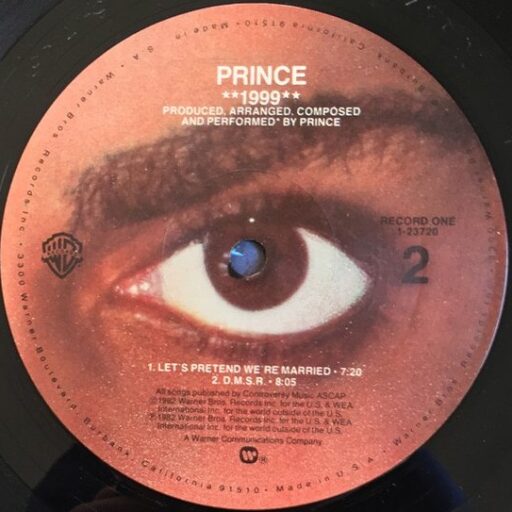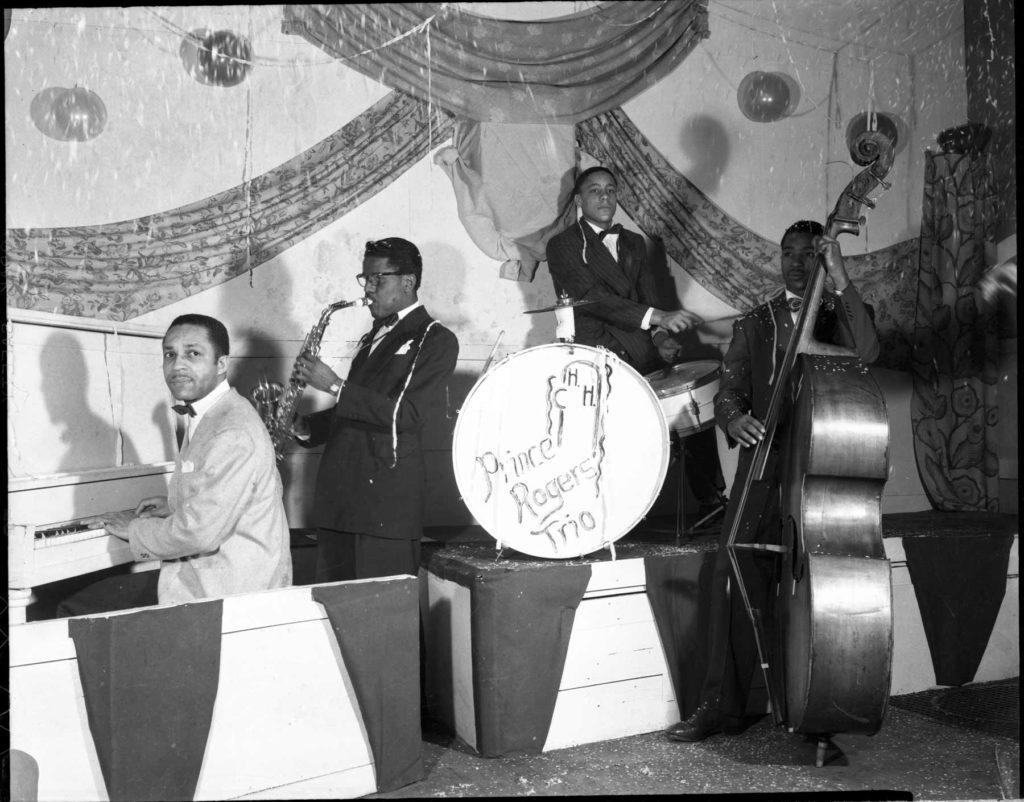Tag: vangelis
-
1999
What set Prince apart from his early-’80s peers was his insistence on greeting Judgment Day, not with solemn gravity or mordant gallows humor, but with a seemingly irony-free display of millenarian ecstasy.
-
Something in the Water (Does Not Compute)
If “Something in the Water”’s music wasn’t so beautiful, the self-pity and solipsism of its lyrics would begin to feel ugly: an adolescent projection of self-loathing into a spitefully generic female tormenter.

